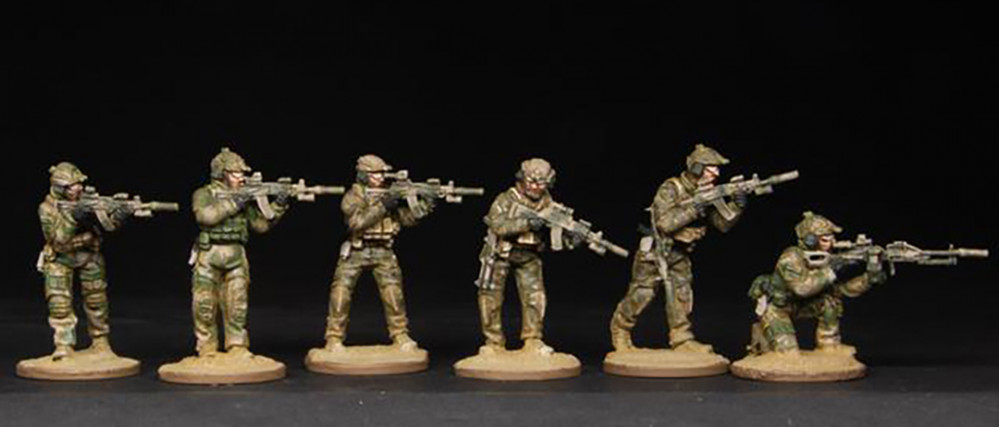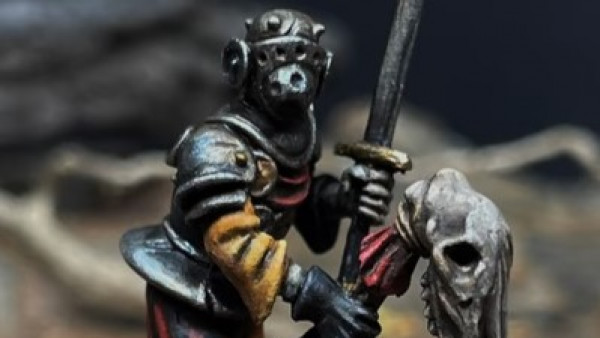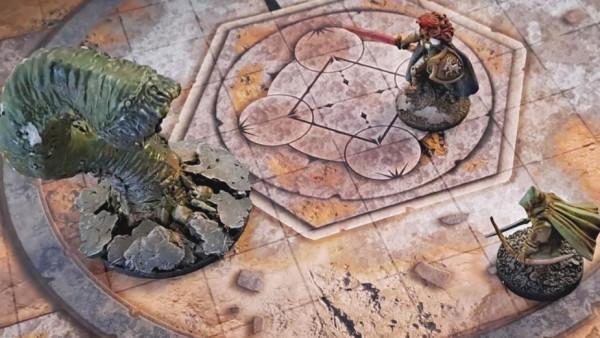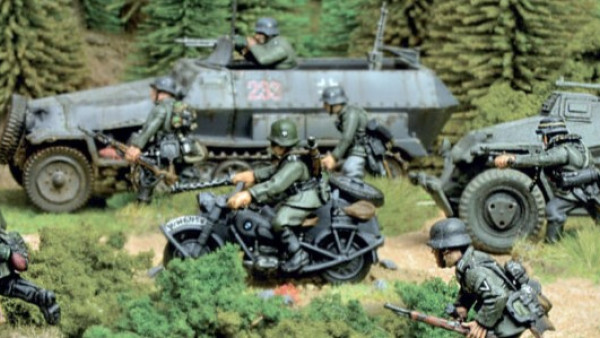
Spectre Miniatures - GRU Spetsnaz
Background Information
Spetsnaz
(Russian: спецназ, IPA: [spʲɪtsˈnas]; abbreviation for Войска специа́льного назначе́ния; tr. Voyska spetsialnovo naznacheniya; pronounced [vɐjˈska spʲɪtsɨˈalʲnəvə nəznɐˈtɕenʲɪjə]
[English: Special Purpose Forces; or “Special Purpose Military Units”]) is an umbrella term for special purpose in Russian and is used in numerous post-Soviet states.
Historically, the term referred to special operations units controlled by the main military intelligence service GRU (Spetsnaz GRU). It also describes task forces of other ministries (such as the Ministry of Internal Affairs ODON and Ministry of Emergency Situations’ special rescue unit) in post-Soviet countries. Russian special forces wear different berets depending on the branch of the armed forces they belong to. These include:
- Ground forces and Airborne Troops (VDV) – Blue Beret
- Russian Navy and Russian Marines – Black Beret
- National Guard – Maroon Beret
As Spetsnaz is a Russian term, it is typically associated with the special units of Russia, but other post-Soviet states often refer to their special forces units by the term as well, since these nations also inherited their special purpose units from the now-defunct Soviet security agencies. The 5th Spetsnaz Brigade of Belarus or the Alpha Group of the Security Service of Ukraine are both such examples of non-Russian Spetsnaz forces.
The forces I’m think of using is Spetsgruppa “A”, also known as Alpha Group (a popular English name), or Alfa, whose official name is Directorate “A” of the FSB Special Purpose Center (TsSN FSB) (Russian: спецназ фсб альфа), is an elite, stand-alone sub-unit of Russia’s special forces. It is a dedicated counter-terrorism task force of the Russian Federal Security Service (FSB), which primarily prevents and responds to violent acts in public transportation and buildings. It was created by the Soviet KGB in 1974. Although little is known about the exact nature of its primary directives, it is speculated that the unit is authorised to act under the direct control and sanction of Russia’s top political leadership, similar to its sister unit, the Directorate “V” (Vympel), which is officially tasked with protecting Russia’s strategic installations. It is also available for extended police duties, for paramilitary operations, and for covert operations, both domestically and internationally.








































































Great “OPFOR” intelligence on these forces @grimwolfuk !